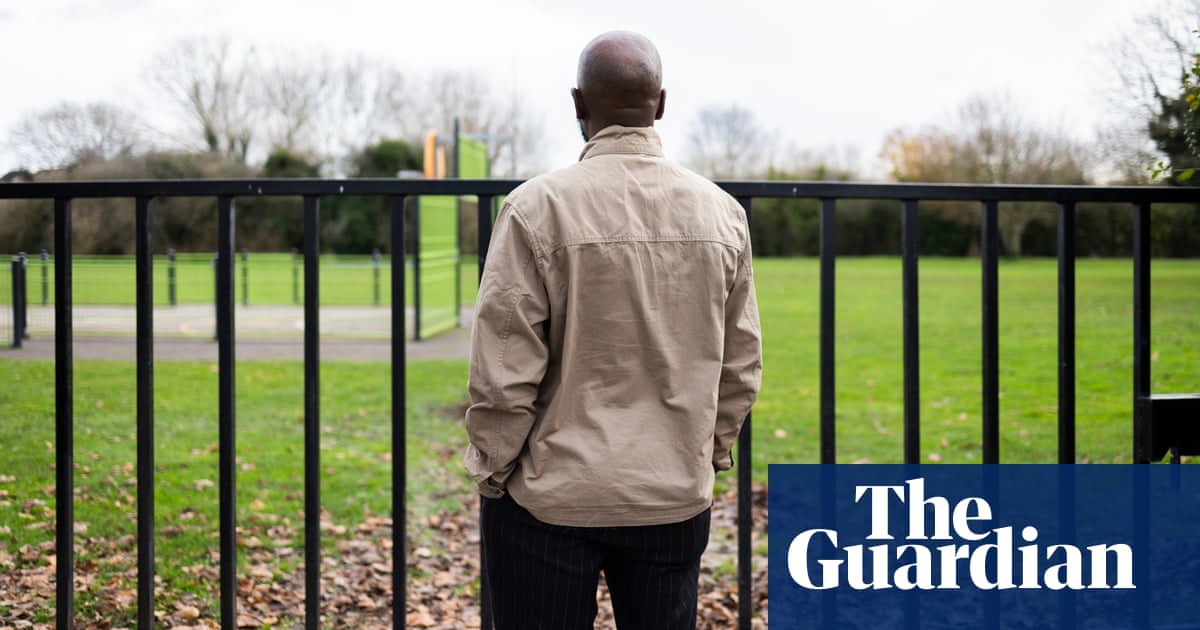
The sexual abuse and exploitation of local women by international aid workers remains “rife”, say MPs, describing the sector as the “last safe haven” for perpetrators.
A parliamentary inquiry found evidence of widespread abuse of beneficiaries, ineffective investigations and whistleblowers forced out of jobs, despite a series of recent scandals that had prompted some reforms.
Sexual predators could still be rehired because of inadequate safeguarding and reporting mechanisms, the international development committee (IDC) said, concluding that the culture of aid was a significant factor in the scale of the problem.
The coronavirus pandemic is likely to have made the problem more acute, said the committee, as food shortages and aid cuts have exacerbated the vulnerability of mostly female aid recipients.
Sarah Champion, chair of the IDC, said: “Our inquiry has found that abuse of beneficiaries is rife, and that the sector has effectively become the last safe haven for perpetrators.
“Throughout the inquiry we heard repeatedly of abusers acting with impunity, whistleblowers being hounded out of their jobs and victims finding it impossible to secure justice.
“I know that the vast majority of aid workers are dedicated people, proud to serve beneficiaries, but until the perpetrators of exploitation and abuse are driven out of the sector, there remains a dark shadow across their good work.”
Large international aid organisations could prevent sex abuse if they stopped their “patronising attitude” of imposing programmes without including beneficiaries and local groups in their design, Champion said.
MPs acknowledged improvements had been made by the government, NGOs and the UN, after the Oxfam sexual abuse scandal in Haiti was exposed in 2018, including greater protections for whistleblowers and staff training. But they urged action across the sector to ensure robust reporting mechanisms for local people who were on the spot.
In September last year, a year-long investigation by the Thomson Reuters Foundation and the New Humanitarian claimed women in the Democratic Republic of the Congo were exploited by foreign aid workers. The abuse was described as an “open secret”, MPs said, yet “little was done” to stop it.
There were also concerns that allegations were not always effectively investigated or reported to police, meaning abusers might escape punishment and move to new jobs.
The inquiry was backed by a small survey, in which 73% of respondents said they believe sexual exploitation and abuse were still being perpetrated by aid workers, while 57% said their organisation’s whistleblowing policies were not strong enough.
The report, published on Thursday, said introducing changes must not be a “box-ticking exercise” that fails to address the underlying culture that has allowed sexual exploitation to persist.
It singled out the UN, saying it should not use rights of immunity from prosecution during missions as a shield to protect perpetrators.
Helen Stephenson, chief executive of the Charity Commission for England and Wales, said the report made for “sombre reading”.
As a regulator, it had strengthened its work, taking action where necessary and improving its whistleblowing procedures. “The commission, however, can only form part of the solution, and as the committee rightly recognises, action is required from governments and regulators around the world, the UN, as well as individual aid organisations and NGOs,” said Stephenson.
The commission said it had conducted 181 inquiries related to safeguarding in 2020, compared with five in 2012.
Stephanie Draper, CEO of Bond, welcomed the findings for putting beneficiaries first. “The aid sector should put these groups at the heart of developing programmes and reporting mechanisms and ensure communities know their rights,” she said.
The Foreign, Commonwealth and Development Office said the government had set enhanced standards and vetting procedures and had published a safeguarding strategy covering the UK aid sector.
“We are looking carefully at the IDC report as we continue efforts to stamp out abuse,” said a spokesperson.
A UN spokesperson said: “The UN does not consider immunity to be a barrier to national investigation or national court litigation in cases of allegations of sexual exploitation and abuse.”












